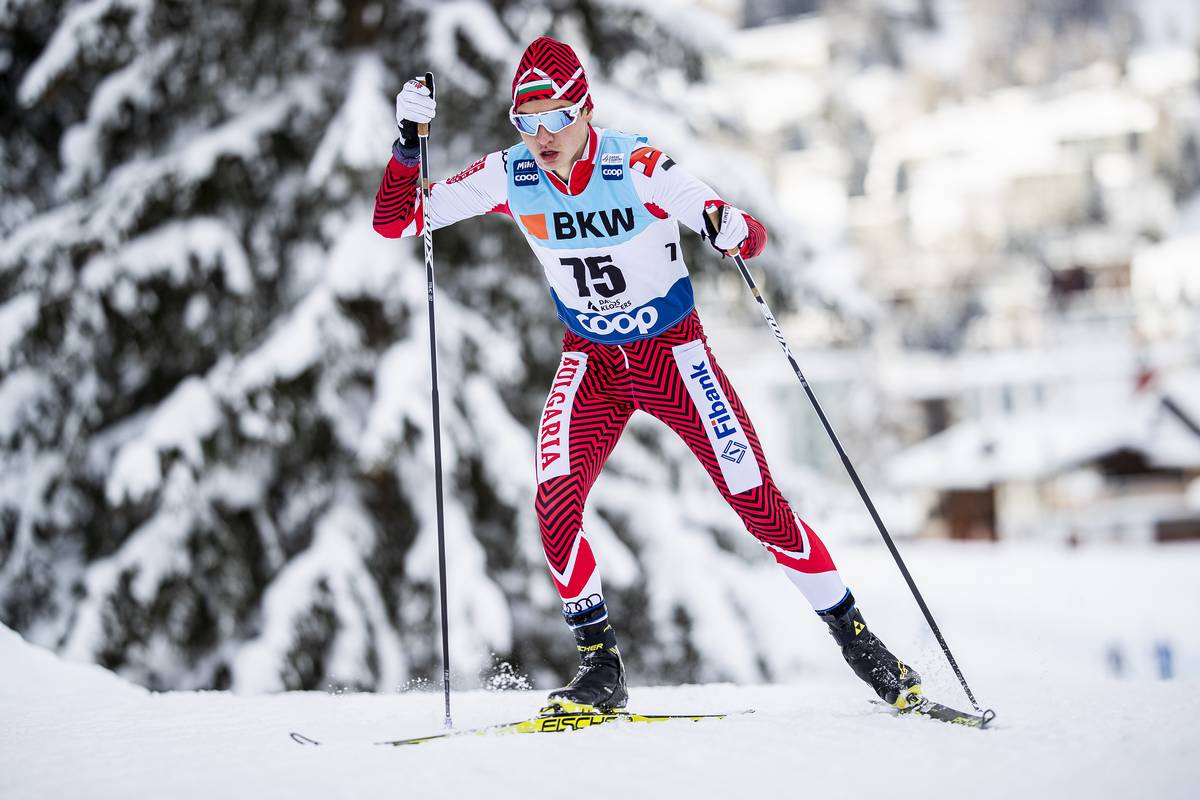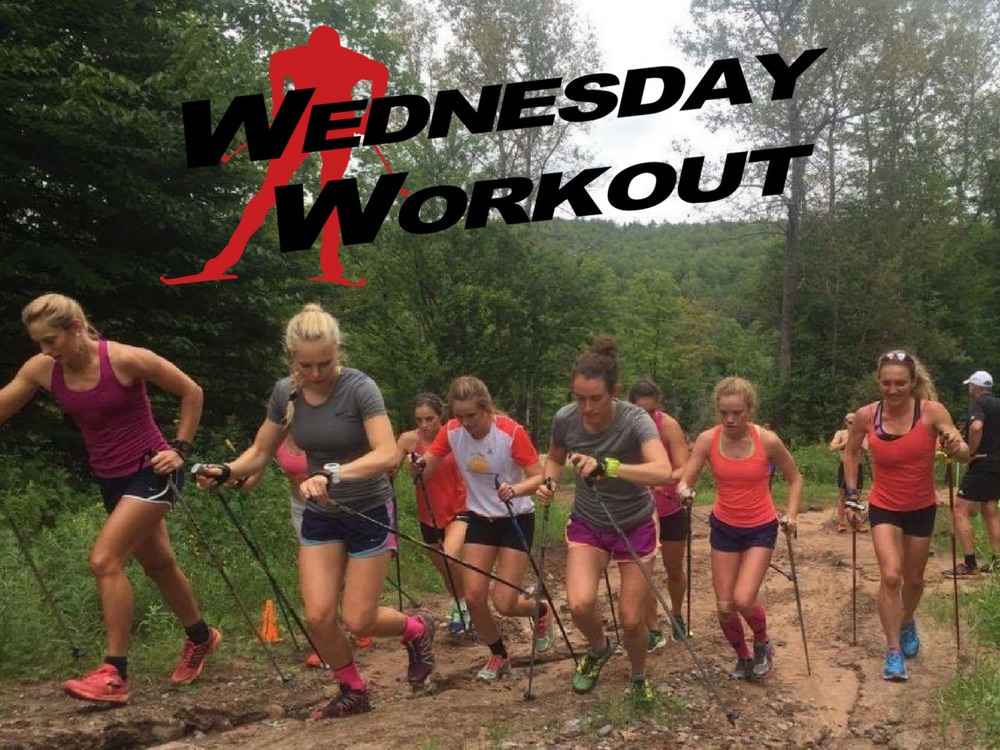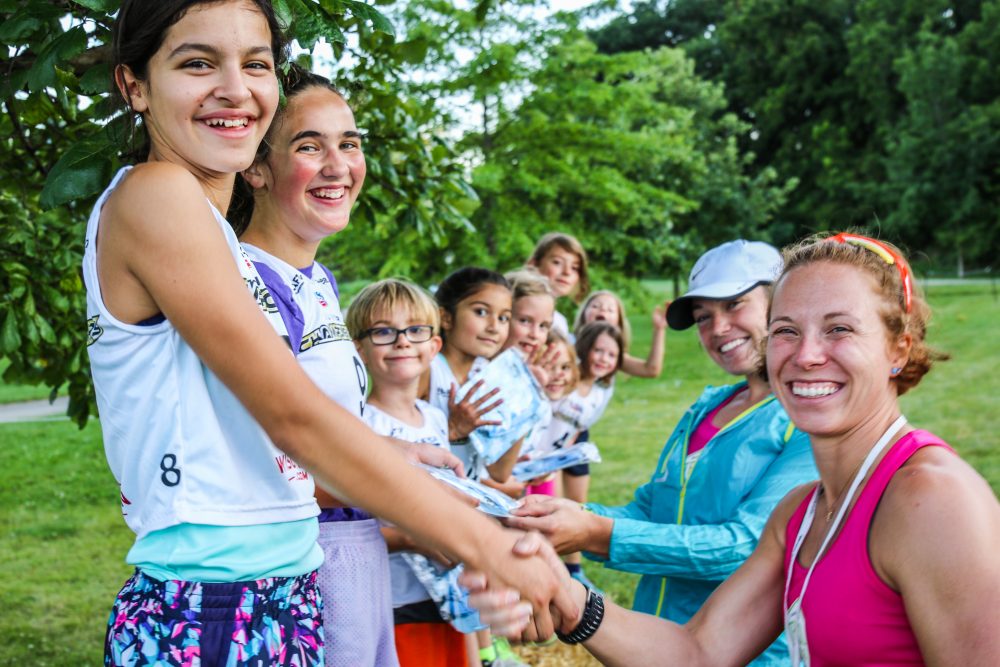On Monday, we hosted a great meeting with Jens Hilke and Chip Knight, who through their offices (Jens works at Fish and Wildlife) work on a project called “Staying Connected”. The project centers on habitat connectivity and six large blocks of habitat in northern New England. We had several Craftsbury and Albany landowners in attendance, plus Ross Morgan, a forester who manages several thousand acres worth of land in the area.
One of Chip’s focus corridors is called “Worcesters to Kingdom”, which runs from the Green Mountains to the New Hampshire border. This is an essential habitat block for connecting wildlife populations in the Green Mountains with those in the northern Whites. Why is this important? There are many reasons, but two important ones are ensuring that genetic information is exchanged between populations to keep them more diverse and viable, and so that populations have access to routes for migration and movement as they deal with the effects of climate change. Craftsbury falls in the middle of the Worcesters to Kingdom block – the east side of town (our side) has a lot of farmland, which fragments habitat somewhat. Still, Jens believes that our area is important for wildlife moving across the landscape.
To me, the idea of their project is really cool. We just got a grant of GIS software so we can use some of their data layers to make maps of this area, something I’m pretty excited about. And I’m also looking forward to the opportunity to do some citizen science and maybe a little bit of fieldwork!
But there are other ways that the program can help our community, on a broader level, figure out what its priorities and values are in regards to the natural landscape. One obvious one is conservation of important habitat areas, working with a group like the Vermont Land Trust or the startup Northern Rivers Land Trust. Another is to work with a program such as WHIP (the Wildlife Habitat Improvement Program) to make our habitat more suitable for wildlife (for instance, patch cutting to create new browse for animals). Jens offered to help us bring in some new speakers for the walks and talks that we have been hosting in conjunction with the Hosmer Ponds Initiative – Staying Connected partners with an amazing number of organizations, so basically any group we can think of would probably send someone to talk with us. It is important to extend our educational programs to people who aren’t already involved.
Finally, Chip is a three-time Olympian for alpine skiing. It was awesome and inspiring to see that after a long career of being a world-class athlete, he now has a very cool job doing environmental work!



